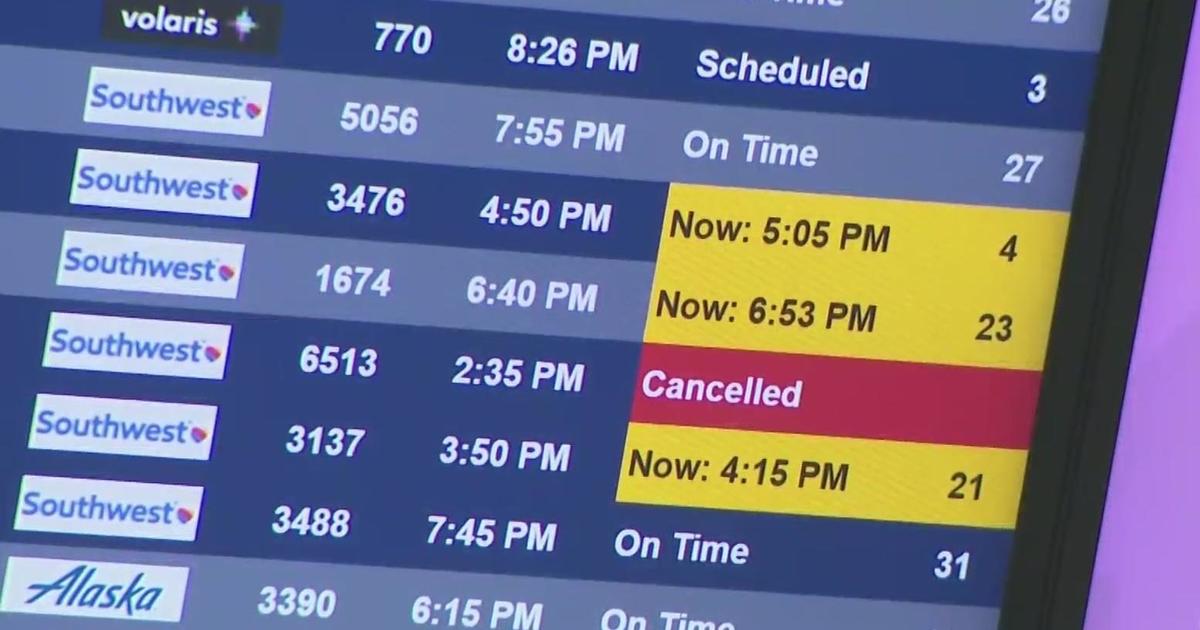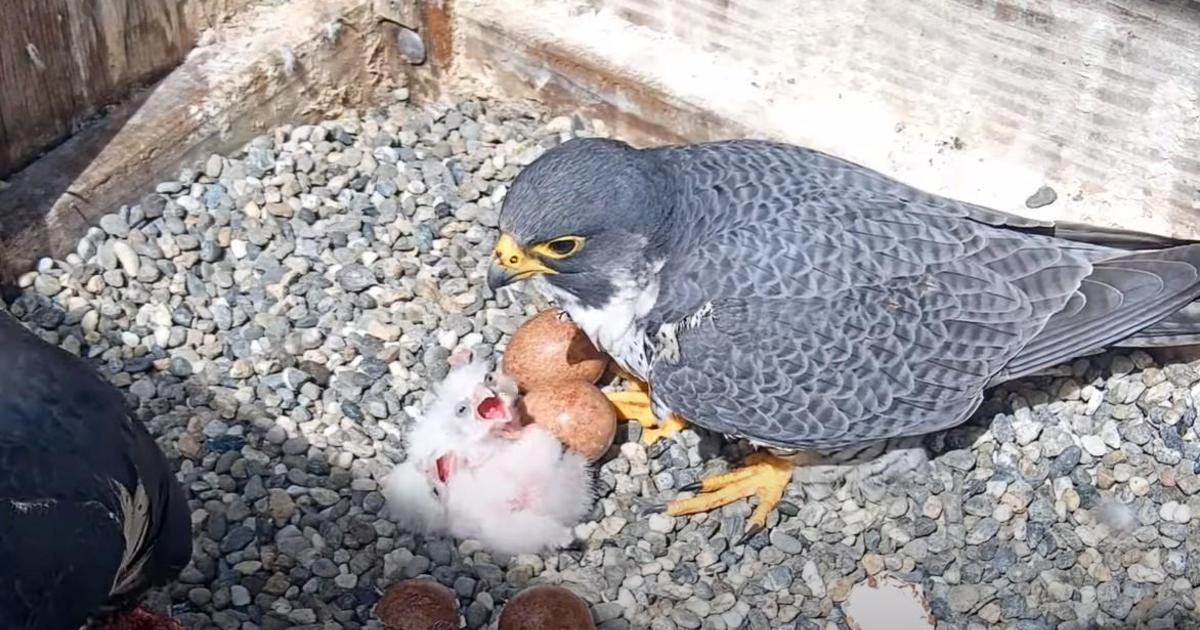Bay Area Girl, Colorado Children Suffer Paralysis Symptoms Possibly Linked To Rare Enterovirus Strain
BERKELEY (KPIX 5) -- Health officials are investigating a cluster of 10 children in Colorado who have developed muscle weakness or partial paralysis, following a severe respiratory infection - a similar situation which has affected a Bay Area girl.
Four of the 10 tested positive for a rare strain of Enterovirus and the scientists want to know if there is a connection between this strain and the non-polio paralysis.
This strain – known as EV-D68 – has now infected 277 individual in 40 states, including California. In California, seven people with severe respiratory infections and EV-D68 infections have been identified in four counties.
Earlier this year, University of California, San Francisco and Stanford University researchers presented a report that suggested the virus might be associated with what the team called a "polio-like syndrome."
The team had thoroughly studied five cases in California. Two of the five tested positive for EV D68. The other three children had been treated to such a degree, according to one scientist, that they could not test for the virus.
One of those children is Sofia Jarvis of Berkeley. According to her parents, the virus left her left hand and arm paralyzed, which is what her doctors suspect as well.
Her mother told KPIX 5 that Sofia underwent surgery but that it's too soon to tell if it will benefit her.
Sofia – nicknamed Sofia the Brave – has her own website to help raise funds for her medical care as well as for friends and family to leave positive messages of support and love.
Since June of 2012, the California Department of Public Health encouraged health care providers to report any patients diagnosed with acute flaccid paralysis or AFP. Since then, 28 patients with AFP and neuron injury have been reported.
Of these, lab tests detected EV-D68 in 3 of the cases but in many of these cases, there was not enough of the specimen to fully evaluate the patients. The CDPH continues to monitor the situation closely
Dr. Emmanuelle Waubant and Dr. Jonathan Stroberat of UCSF Benioff Children's Hospital caution that no direct link has been firmly established between this rare virus and the cases of AFP.
Doctor say most upper respiratory infections and colds are not caused by this rare strain.
If your child is sick, with an upper respiratory infection, they should stay home as long as they show symptoms.
To prevent upper respiratory infections, practice thorough hand washing.
If you or your child develops sustained weakness in one or more limbs, call your doctor and get rapid medical attention.



